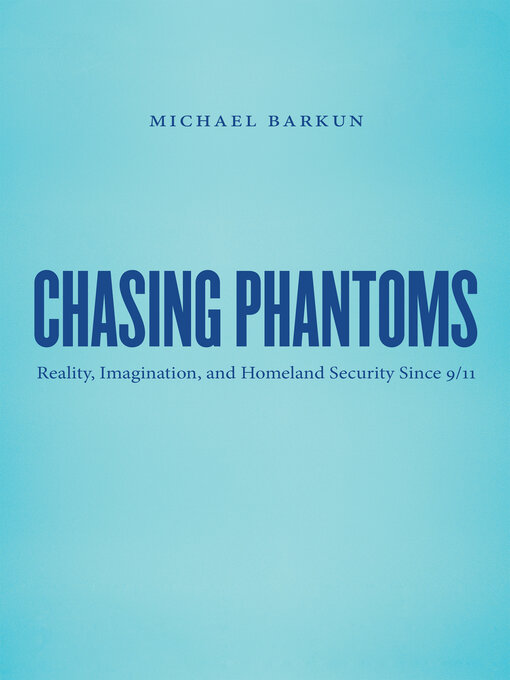- All Magazines
- Popular Magazines: Always Available
- Cooking and Food Magazines
- Craft Magazines
- News and Politics
- See all
-
Description
-
Details
-
Reviews
Barkun identifies a gap between the realities of terrorism—"violence without a return address—and the everyday discourse about it among government officials and the general public. Demonstrating that U.S. homeland security policy reflects significant nonrational thinking, Barkun offers new recommendations for effective—and rational—policymaking.

Kindle Book
- Release date: April 25, 2011
OverDrive Read
- ISBN: 9781469603230
- File size: 2220 KB
- Release date: April 25, 2011
EPUB ebook
- ISBN: 9781469603230
- File size: 1292 KB
- Release date: April 25, 2011

Loading
Formats
Kindle Book
OverDrive Read
EPUB ebook
subjects
Languages
English
Barkun identifies a gap between the realities of terrorism—"violence without a return address—and the everyday discourse about it among government officials and the general public. Demonstrating that U.S. homeland security policy reflects significant nonrational thinking, Barkun offers new recommendations for effective—and rational—policymaking.

-
Details
Publisher:
The University of North Carolina Press
Kindle Book
Release date: April 25, 2011
OverDrive Read
ISBN: 9781469603230
File size: 2220 KB
Release date: April 25, 2011
EPUB ebook
ISBN: 9781469603230
File size: 1292 KB
Release date: April 25, 2011
-
Creators
- Michael Barkun - Author
-
Formats
Kindle Book
OverDrive Read
EPUB ebook
-
Languages
English
-
Reviews

Loading
Why is availability limited?
×Availability can change throughout the month based on the library's budget. You can still place a hold on the title, and your hold will be automatically filled as soon as the title is available again.
The Kindle Book format for this title is not supported on:
×Read-along ebook
×The OverDrive Read format of this ebook has professional narration that plays while you read in your browser. Learn more here.
